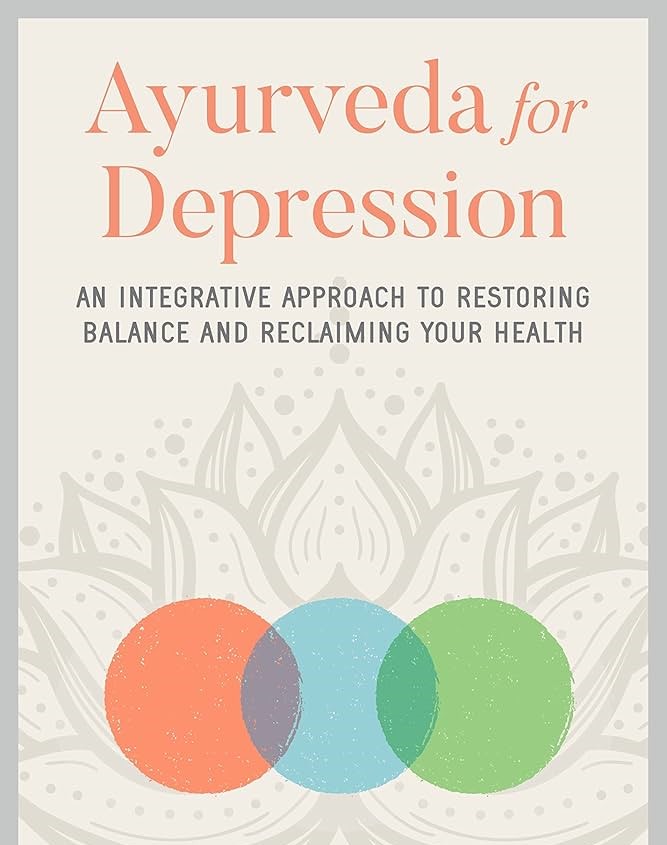Introduction
Depression management in Ayurveda emphasizes restoring balance within the body and mind. Ayurveda views depression as an imbalance in the doshas, particularly affecting Sattva (mental clarity), Rajas (activity), and Tamas (inertia). By addressing these imbalances, we can implement effective Ayurvedic principles for emotional well-being and holistic healing. For additional insights into managing anxiety, visit our post on Anxiety Management in Ayurveda.

Understanding Depression in Ayurveda
In Ayurvedic philosophy, depression is often categorized by the interplay of Rajas and Tamas. Excessive Rajas can lead to restlessness and anxiety, while Tamas contributes to lethargy and sadness. This dual imbalance can exacerbate depressive symptoms. Key contributing factors include:
- Poor diet and lifestyle choices
- Lack of physical activity
- Stressful life events and trauma
- Imbalanced doshas
Ayurvedic Remedies for Managing Depression
- Herbal Treatments
- Ashwagandha: An adaptogen that helps reduce stress and anxiety, Ashwagandha modulates cortisol levels and promotes calmness.
- Brahmi: This herb supports memory and mental clarity while alleviating depressive symptoms.
- Jatamansi: Known for improving sleep quality, Jatamansi balances the mind and reduces insomnia associated with depression.
- Dietary Recommendations
- Sattvic Foods: Incorporate fresh, whole foods that nourish the mind, like fruits, vegetables, and whole grains to enhance Sattva.
- Avoid Rajasik Foods: Steer clear of overly spicy and processed foods that can aggravate Rajas and Tamas.
- Hydration: Drink plenty of water and herbal teas to flush out toxins and maintain hydration.
- Lifestyle Practices
- Daily Routine (Dinacharya): Establishing a balanced routine significantly impacts mood and mental health. Regular sleep, meals, and physical activity are essential.
- Yoga and Meditation: Gentle yoga postures and meditation can alleviate symptoms of depression and promote relaxation.
- Panchakarma Therapy
- Detoxification: Treatments like Virechana (purgation) and Basti (enema therapy) can help eliminate toxins (ama) and restore dosha equilibrium.
- Supportive Therapies
- Counseling and Support Groups: Combining Ayurvedic treatments with psychological counseling can provide a comprehensive approach to managing depression .Explore resources for support at Mental Health America.
Conclusion
Managing depression through Ayurveda involves a multifaceted approach that includes herbal remedies, dietary modifications, lifestyle changes, and supportive therapies. By addressing the root causes of emotional imbalances, individuals can find a path to healing and improved mental health. If you’re struggling with depression, consider seeking guidance from an Ayurvedic practitioner for personalized treatment options.
For more insights into mental health and Ayurvedic practices, visit Jeevan Jyoti Dawakhana.

